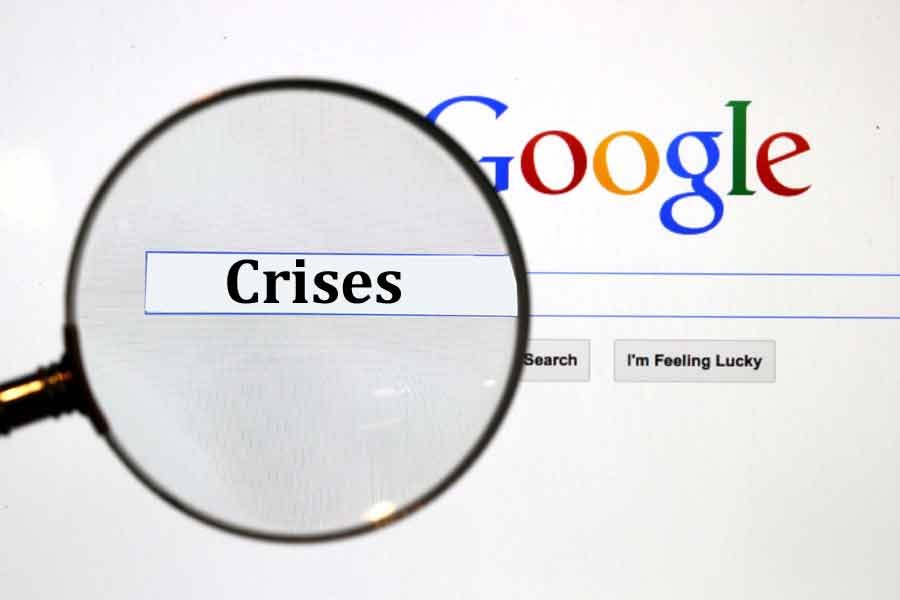
Published :
Updated :

The recent flooding of entire Sylhet region was shocking to many as if such natural calamities were unlikely to visit Bangladesh any more.
Bangladesh's flood forecasting system and due collaboration with the Indian authorities for sharing data on upstream rains obviously failed to alert residents and stakeholders so that they could have been adequately prepared to face the inundation. What most foreigners call flooding is mostly submersion which was not just common but also necessary for agriculture and environment in the Bangladesh delta for centuries.
We've kept our attention away from how imprudently infrastructures were built in flood-prone zones and how much intervention were made in the upstream causing risks for lower riparian Bangladesh.
Nobody loves pandemic, poverty, illiteracy, poor healthcare services, weak regulation or rights violation. How would they tackle a crisis unless they are aware of the reality? We've quickly been oblivious to the fact that Bangladesh has made progress while trying to get rid of old difficulties of life and living.
There has been a culture in the establishment of making attempts to hide or downplay crimes, corruption, accidents, incidents of violence, public suffering, barriers to business, and all such negative reports.
In a super ideal world, doctors and nurses, policemen, lawyers, fire fighters, soldiers, journalists and true politicians - who all have to deal with unpleasant realities - might have had no job to do but that's not the world we live in. A post-development generation often falters for their indulgence in materialist consumption. In Bangladesh, we fear lest we become complacent before reaching the saturation point of economic growth. Once our opinion leaders pointed out too many problems, genuine though, but a dominant portion of them today speaks of 'surprising' achievements and hardly finds any crisis in society.
If we accept the narrative of El Dorado, the people don't need to take any enterprising initiative; neither does the country need anything special to grow further for people's welfare. A pathetic model of development may, God forbid, evolve, should there be a continued denial syndrome in the culture of governance.
The country, development thinkers tend to believe, is still standing between two models demonstrating success and failure of economic take-off - South Korea and the Philippines. It depends on policy choice of the current generation of leadership where the country will head to.
It's not understandable how Bangladesh will attain the status of a developed country without universal access to safe foods, world-class education and healthcare system, liveable cities, technological leapfrog, and an improved regulatory system.
In other words, these are opportunities for authorities and entrepreneurs to accomplish their respective missions supported by national aspirations. The same goes for innovation, talent hunt, and youth leadership. If there is a vacuum in the media, for example, that would indicate demand for good content and scope for investment.
'Opportunities in crisis' has already become an over-used phrase. However, we're scared of knowing the very crisis. Some people prefer using the word 'deficiency' or 'challenge' in place of crisis; still you need to acknowledge it in the first place for taking remedial measures.
The Bangladesh society, is not sterile in terms of generation of problems and solutions. Sitting on the crises today won't make the next generations happy. The Bangladesh Bureau of Satistics can make a list of crises in society through a research project to set an example for other public and private organisations for searching opportunities.
khawaza@gmail.com


 For all latest news, follow The Financial Express Google News channel.
For all latest news, follow The Financial Express Google News channel.